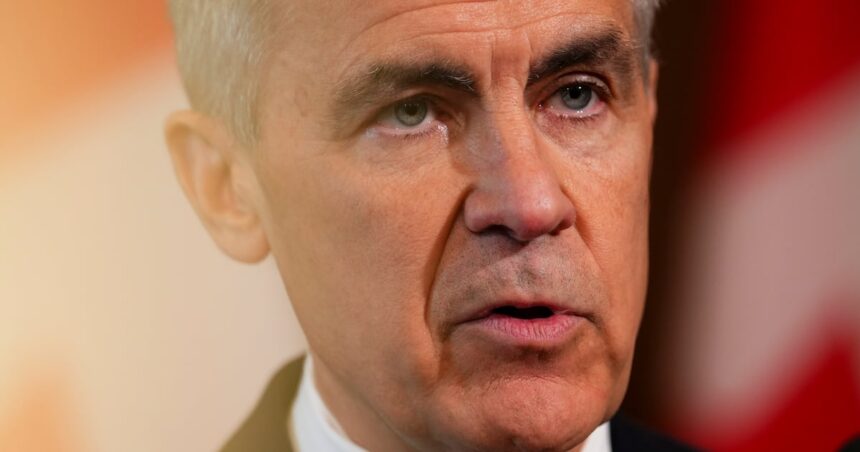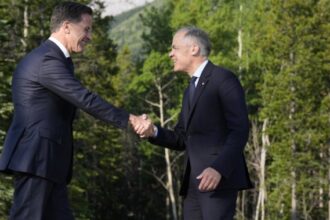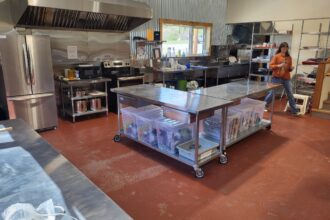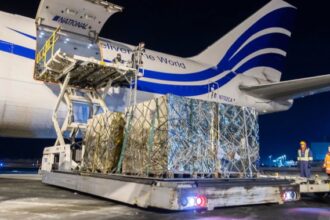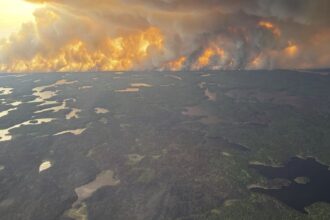In the picturesque backdrop of Banff National Park, world leaders have begun gathering for what may prove to be one of the most consequential G7 summits in recent years. As Canada plays host to this prestigious international forum, Prime Minister Mark Carney has set an ambitious agenda focusing on global energy security, peace initiatives, and forging new strategic partnerships amid growing geopolitical tensions.
“This summit represents a pivotal moment for Canada to demonstrate leadership on the world stage,” Carney stated during yesterday’s opening address. “The challenges we face—from energy transition to regional conflicts—require coordinated action that only forums like the G7 can facilitate.”
The Canadian delegation has prioritized energy security as a cornerstone issue, particularly as Europe continues to diversify away from Russian energy sources. Sources close to the discussions reveal that Canada is positioning itself as a reliable alternative supplier of natural gas and clean energy technologies to European partners.
“We’re seeing unprecedented interest in Canadian energy solutions,” said Energy Minister Catherine McKenna. “Our LNG capabilities combined with our renewable expertise offer a balanced approach that aligns with both immediate security needs and long-term climate goals.”
Perhaps most notable is Canada’s push for a comprehensive peace framework addressing ongoing conflicts in Eastern Europe and the Middle East. The Canadian proposal includes expanded humanitarian corridors, increased diplomatic engagement, and economic incentives for conflict resolution—a package that has already received preliminary support from G7 counterparts.
The summit is also witnessing the emergence of new partnership configurations, with Canada brokering specialized working groups on critical minerals, AI governance, and supply chain resilience. These “minilateral” arrangements represent a pragmatic approach to international cooperation in an increasingly fragmented global order.
Economic implications of these discussions could be substantial for Canadians. Trade Minister Mary Ng confirmed that parallel negotiations are underway for expanded market access agreements that could generate an estimated 85,000 jobs across the country, particularly in manufacturing and technology sectors.
Opposition critics have questioned whether the summit’s ambitious agenda can deliver concrete results. Conservative leader Pierre Poilievre commented, “Canadians need more than lofty declarations from Banff—they need tangible benefits from these high-level talks.”
Security measures around the summit location have transformed the normally tourist-friendly Banff into a virtual fortress, with over 3,000 security personnel deployed and a designated protest zone established 15 kilometers from the main venue.
As leaders continue closed-door sessions through the weekend, the ultimate success of Canada’s G7 presidency may hinge on whether these discussions can move beyond diplomatic platitudes to actionable commitments. Will this summit mark a genuine turning point in addressing our most pressing global challenges, or will it join the long list of high-profile meetings that promised more than they delivered?

